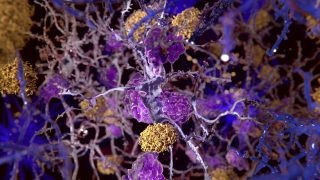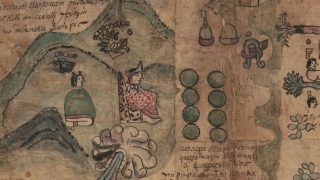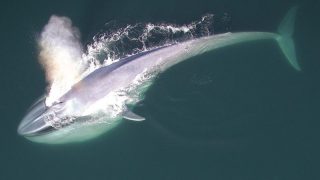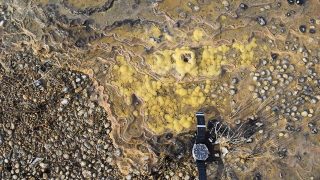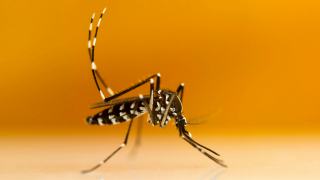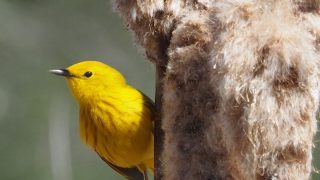
MI weekly selection #266
Genes linked to exploration in birds may help them adapt to climate change Birds whose genes favour exploration of new habitats will likely handle climate change better than those inclined to stay where they are. Researchers have identified a pair of genes, DRD4 and DEAF1, in yellow warblers that are linked to migration and exploration […]

